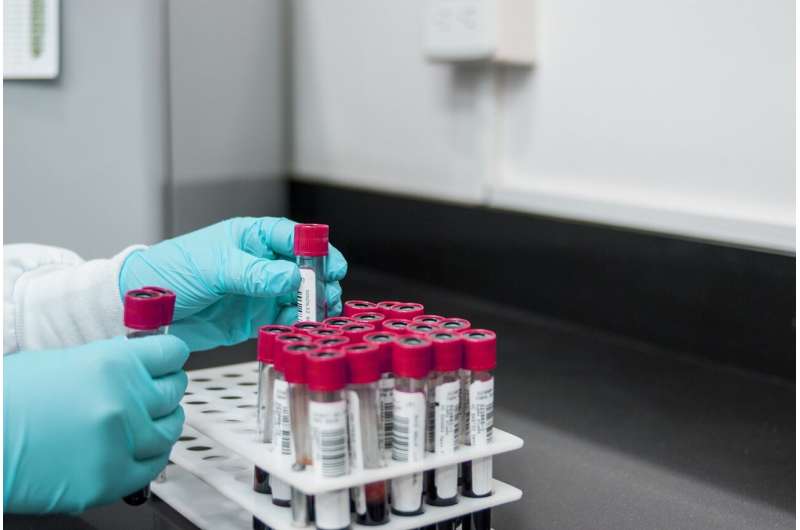As it is increased in schizophrenia patients, the glycan represents a potential diagnostic tool and possible target for treatment. The results were published in Scientific Reports.
Polysialic acid is a unique acidic glycan that exists mainly in the regions of the brain involved in memory and emotion. However, it is also found in the blood at a certain level, and changes are found in the blood of patients with mental disorders and even cancer.
Being able to accurately measure the blood levels of glycan could improve the diagnosis of these diseases, but its unique physical and chemical properties make accurate quantification difficult.
The group’s new technique is based on a sandwich ELISA, a method that uses a pair of antibodies, a capture antibody and a detection antibody, that recognize the different structure of polysialic acid and bind to it, “sandwiching” it. Their technique uses both positive and negative antibodies as detection antibodies.

